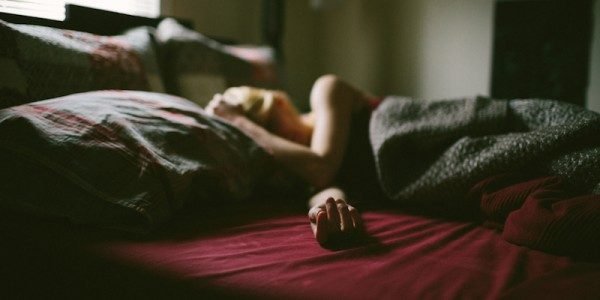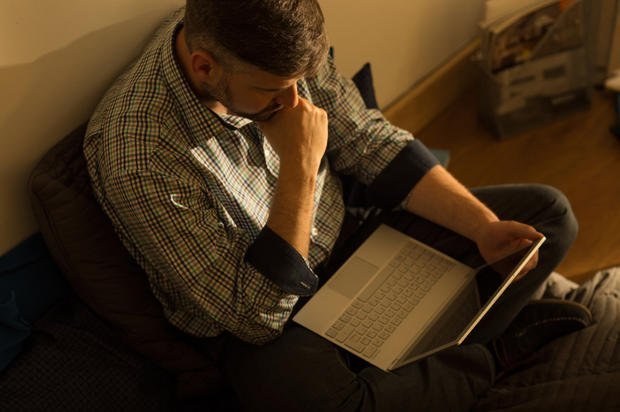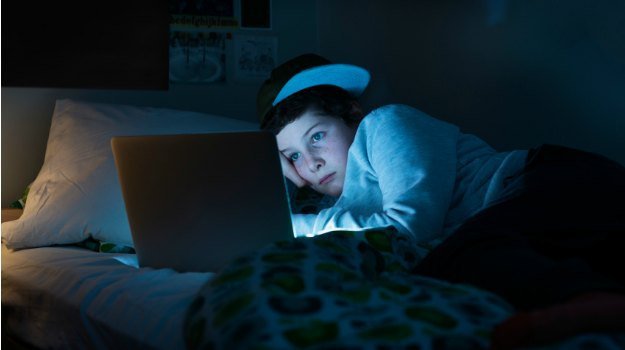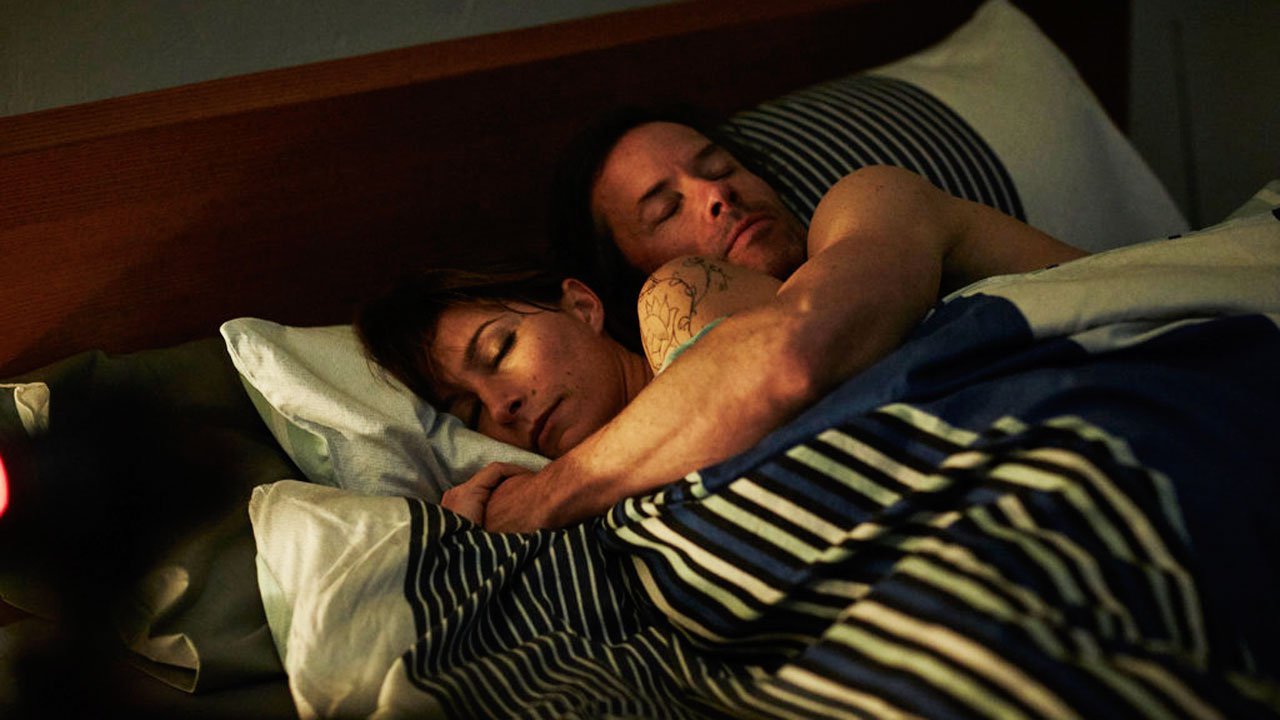Is your life like a long, embarrassing string of late arrivals and mumbled excuses? And all of it, because, you cannot get yourself to call it a night?
No matter how bad you feel for getting late for work or sleeping in when you shouldn’t (in-between work nap reminders, anyone?), are you someone who just cannot get yourself to sleep on time because night time seems like the right time to do everything you always wanted to do – be it reading that graphic novel or learning how to make clay toys?
If you are, well, congratulations, because science has something good to say about you.

Scientists suggest that people who don’t have “normal” sleeping hours are considered smarter. And the findings are supported by research suggesting that those who create new evolutionary patterns are the most progressive.
That makes sense because the people who live differently are the most intelligent and progressive in societies.
The researchers at the University of Madrid studied the sleep patterns of 1,000 students and found that those who went to bed and woke up later scored higher on inductive reasoning tests, which are associated with overall intelligence.

Late risers are less stressed too, according to a research.
Yes, yes, we know how you go through the process of feeling guilty about not maintaining a biological clock and morning jog sounds nothing short of an alien activity to you but then again, basking in the glory of the moon comes with its own advantage – there are no distractions, demands, plans, or obstacles and you can be whatever you want to be until the sun comes up.
It all depends on how you look at cycles. It may look like the late risers are missing out on the morning hours, but the early risers are actually missing out on an entire night.

Yes, early birds might be more productive, but late risers are more creative.
Early risers take advantage of those morning hours to do mundane activities like go to the gym or a jog, make coffee and get to work early, but it’s the late sleepers who make good use of time – the special time to create, learn and invent something new.

In case you were wondering who among the early risers and late sleepers worked better in the afternoon – the latter is the winner.
In a study of 15 “extreme early risers” and 15 “extreme night owls,” researchers at the University of Liege in Belgium measured brain activity after they first woke up and then 10.5 hours later.
Night owls and early birds had equal levels of productivity when they first woke up. But 10 hours later, the early birds had lower brain activity in the region of the brain that controls attention than the night owls did.

Consequently, the early risers reported muscle aches, cold symptoms and headaches. Researchers also found they were in worse moods.
According to a research, “early awakening was associated with greater powers of concentration, being busier and experiencing more hassles throughout the day as well as reporting more anger and less energy at the end of the day. On the other hand late wakers were more leisurely and less busy.”

For all the flak and heavy criticism people who sleep in late have been getting, it’s only fair to sleep through another missed alarm, isn’t it?
*wink*

















